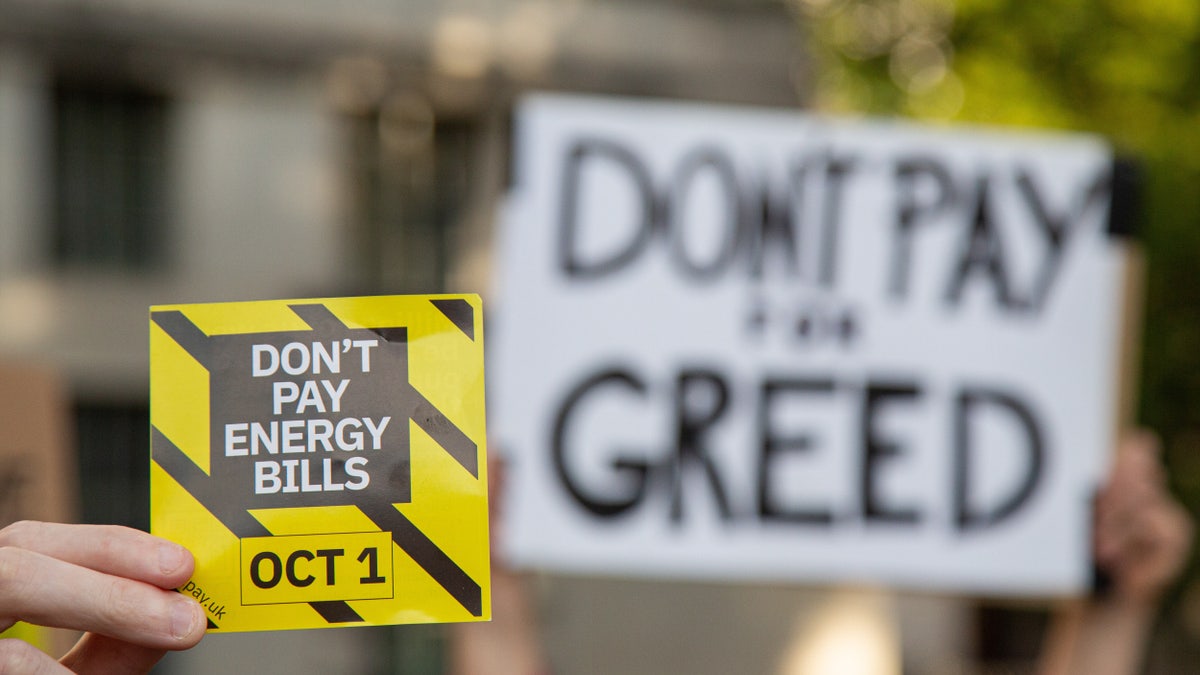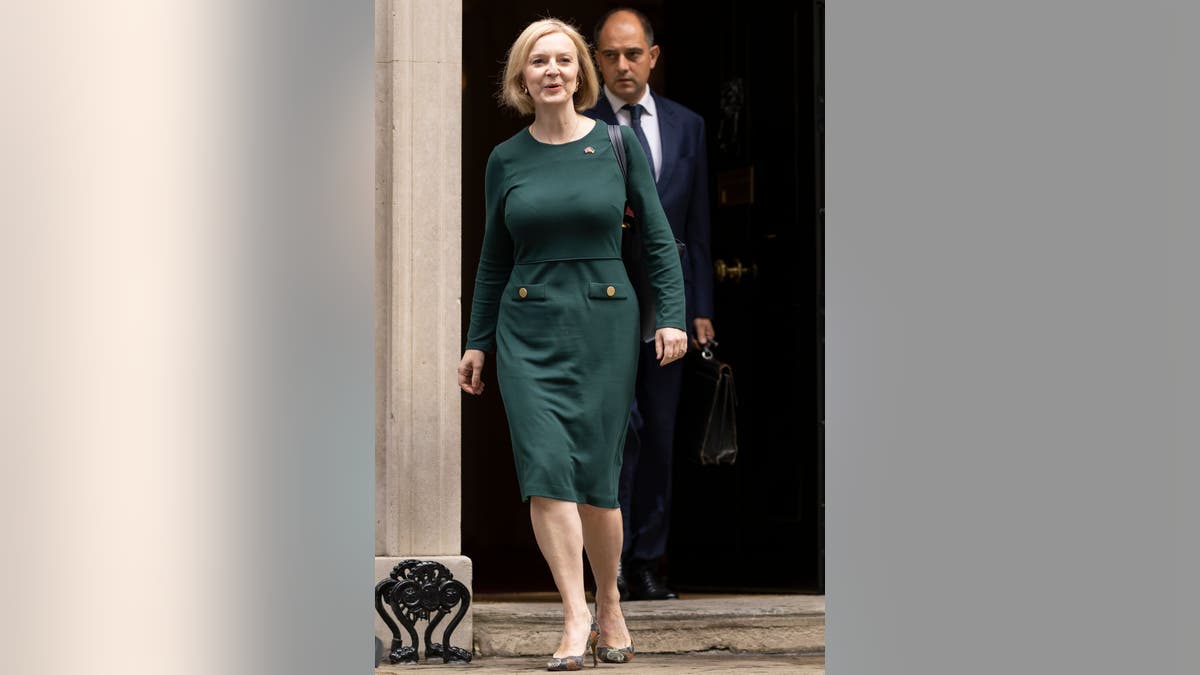Russians are using energy as a weapon: Lt. Gen. Keith Kellogg
Former national security adviser Lt. Gen. Keith Kellogg provides insight on the Russia-Ukraine conflict on Fox News.
JERUSALEM, Israel – In Italy last Saturday, people burned their electricity and gas bills; on the same day in the Czech Republic capital of Prague, 70,000 people protested the government’s approach to skyrocketing consumer prices; and, on Tuesday in Britain, incoming Prime Minister Liz Truss vowed to immediately tackle the energy crisis and address the soaring cost of living.
For decades, Europe has relied overwhelmingly on Russia for fossil fuels to run its factories, generate its electricity and heat its homes. Now, in countries across the continent, citizens and governments alike are feeling the bitter impact of Moscow’s six-month-old war in Ukraine, which has already caused a shortfall in the gas supply, pushing up prices of everyday goods and leaving people struggling to keep their homes warm and families fed.
A combination of Western-imposed sanctions on Russia due to its ongoing aggressions in Ukraine and Russia’s angry pushback, combined with two years of pandemic shutdowns, extreme weather conditions and a range of other factors, are now sparking fears of even worse shortages of gas, electricity and basic food staples as Europe heads into the cold winter months.
"There’s a very real sense of crisis because the European energy supply, which has largely been provided by Russia, is now being restricted," Alan Mendoza, Executive Director of the Henry Jackson Society, told Fox News Digital.
UK PRIME MINISTER LIZ TRUSS ENDS NATIONAL BAN ON FRACKING AMID ENERGY CRISIS

A protester holds a placard that says "Don't pay energy bills" during a "Don't Pay UK" demonstration. The "Don't Pay UK" protest encourages supporters to cancel their direct debit payments to energy companies en masse on Oct. 1. (Thabo Jaiyesimi/SOPA Images/LightRocket via Getty Images)
"There is a general fear in Europe that we might run dry of gas over the course of the winter that is leading to stockpiling, firstly to make sure that countries have as much gas in their storages as possible, and secondly, many countries are looking at how they can restrict the use of electricity in order to make it last through the winter," he said.
In addition, Europe is also eyeing alternative sources of energy from Norway to North Africa to the Mediterranean basin to ensure it will fill the shortage this year and end its reliance on Russia once and for all.
"What we’re seeing now is the result of what happens when you rely on a rogue state for energy," said David Patrikarakos, contributing editor at Unherd and author of "War in 140 Characters."
"Just like COVID taught us that we cannot rely on a rogue state, China, for our supply chains, so this is telling us that we cannot rely on a rogue state like Russia for our energy needs," he said. "This was inevitable because a state like Russia is always going to behave like this in the end and therefore, any vulnerabilities we have any reliance on them will be exploited and used for blackmail purposes, which is what is happening now."
Russia’s response to the European withdrawal from its energy sources has been to reduce its gas supplies in the hopes of bringing an end to the sanctions. On Sunday, the state-run energy giant Gazprom halted supplies of natural gas through a key pipeline to Germany citing a gas leak. Dmitry Peskov, spokesman for Russian President Vladimir Putin, made clear that the Nord Stream 1 pipeline, which pumps gas from St. Petersburg to Germany via the Baltic Sea, will only begin working again when sanctions against Moscow are removed.
INFLATION IN GERMANY HITS NEAR 50-YEAR HIGH AMID ENERGY CRISIS
However, European governments appear determined not to return to Russian sources despite soaring inflation and rising consumer prices that have sparked protests in France and Germany, as well as in Italy and the Czech Republic.
Seeking to ease the civic unrest, governments have started roll out a series of measures. In Portugal on Tuesday, the government announced a $2.4 billion package for struggling households; in Germany, $64.3 billion was slated this week for the same purpose.

U.K. Prime Minister Liz Truss leaves 10 Downing Street to announce her plan on capping energy bills in the House of Commons in London on Wednesday, Sept. 7, 2022. (Dan Kitwood/Getty Images)
This coming Friday, European Union energy ministers will meet in Brussels to discuss a bloc-wide package of solutions, with European Commissioner for Energy Kadri Simson telling The Associated Press that a temporary capping of the price of gas used to produce electricity, modification of trading rules on energy exchanges and coordinated demand reduction measures could be among the new measures.
"I think everyone recognizes there’s a crisis going on. It’s not as if this has come from nowhere, we've seen it building up," said Mendoza. "I think there’s going to be a careful balancing act needed now between governments and citizens, with governments showing that they’re doing as much as possible, and citizens accepting they can't do everything."
Whether it will be enough depends in large part on the forthcoming winter, he said.
"If it’s a cold one, this situation could get much worse," Mendoza said, adding, "I think everyone in Europe knows what we are facing and all will have to look at their energy consumption and work out how they are going to restrict their own energy use to keep their own bills down."

